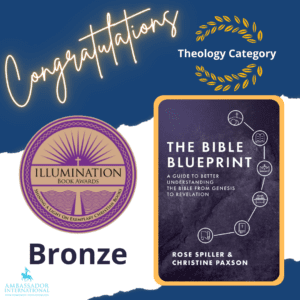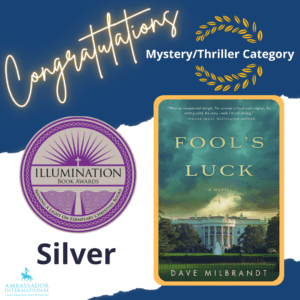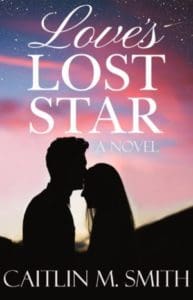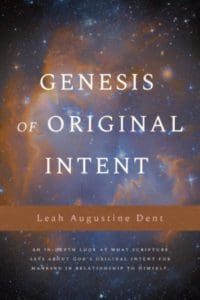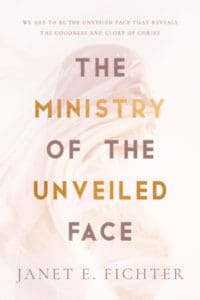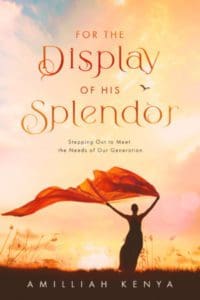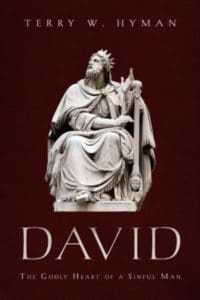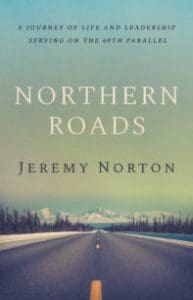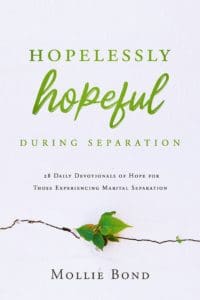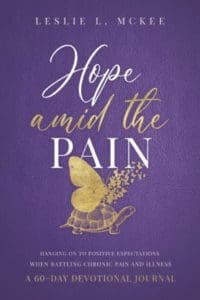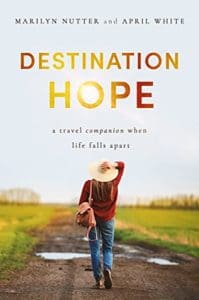
February. The month of love. But what is LOVE?
Valentines Day is right around the corner and shops are filled with heart designs, shades of red and pink, chocolates, and of course, roses! During this season of celebration, we often celebrate the love of our spouse, our children, a friend, or a special family member. This is wonderful, but do we ever stop to celebrate the love of our Heavenly Father? And although it is good to take time to show our appreciation to those whom we love, are we showing this love to them year-round, and are we showing the love of Christ to even those whom we don’t hold in high regard?
Matthew 7:12 tells us, “’So in everything, do to others what you would have them do to you, for this sums up the Law and the Prophets.’”
This sums up the second half of the Ten Commandments as well, love others. In order to be a true reflection of Jesus, we have to love everyone… whether we like them or not! And how do we do this? By doing unto them what we would want done to us in return.
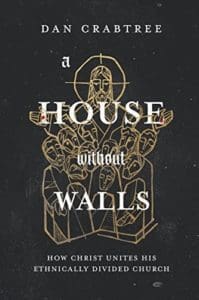
Dan Crabtree, a pastor at Immanuel Bible Church, examines what it would look like if we, as the church, stepped outside of our comfort zones and showed the love and unity of God to those around us in his new book, A House Without Walls.
He specifically examines and attempts to realign discussions about race under the Lordship of Jesus Christ and focus on Biblical understanding and applications. How can the church show the love of Jesus to the world if they are divided by ethnic and social division? The answer is, they can’t.
“There must be a better way to talk about race in the Church! Shouldn’t we be able to find a path forward that doesn’t lead to fracturing parties and mass migrations from the Bride of Christ? Recent, divisive conversations about race have revealed a deep ideological fault line underneath the Evangelical surface. Where did that chasm come from , and how can it be bridged? Shouldn’t the one household of faith, the pillar and buttress of the truth, the Church of the Living God, be able to maintain some semblance of unity even in a dark and divisive world? How might God bring His diverse people together as one?”
“The Bible’s answer to ethnic division in the Church is surprisingly simple and not at all what the world would tell us. Here it is: The church is united by Jesus.”
“Rather than giving demands or ultimatums to our brothers and sisters in the Church, let’s surpass one another in service. Paul says, “Outdo one another in showing honor” (Rom. 12:10). Instead of outlining the ways your fellow believers need to behave, try to find out what they need and how you can meet that need. It may be as easy as asking, “How can I serve you this week?” Or it may require a little more digging. If we excel still more in service over demands, we will emulate the heart of our Savior, Who came not to be served but to serve (Matt. 20:28). And in so doing, our unity in Christ will blossom into maturity.”
One of the best ways to love one another and obey the golden rule is by serving each other, by putting someone else before ourselves. Love is an action, and it is a choice. We can choose to put our love into action by serving one another daily.
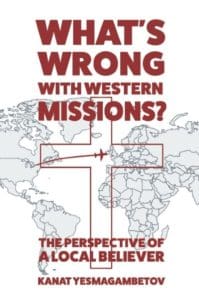
In Kanat Yesmagambetov’s book, What’s Wrong with Western Missions?, he looks at (and addresses) some of the biggest issues that are keeping the Gospel from spreading in many nations.
Although there are many well-intentioned methods to spreading the Gospel and the love of our heavenly Father, they are often ineffective for various reasons. One thing in particular that Kanat examines is, what part does the Golden Rule play in sharing God’s Word.
Kanat begins by examining Luke 10:25-37 where an expert of the law seeks to test Jesus.
Kanat breaks down what is happening and how Jesus responded by pointing out that the lawyer came to Jesus “with a question, and Jesus, as usual, answers the question with a question. The lawyer gives an answer, and the Lord praises him. Not many people, including the disciples, could get a similar assessment. However, the lawyer asks another question, “And who is my neighbor?” This is the crucial question in the passage. It is not by accident that the lawyer asks this particular question.
The fact is that the phrase “love your neighbor as yourself” is taken from Leviticus chapter nineteen. We open the original source and see that this is the second part of the phrase, which reads in full, “Do not seek revenge or bear a grudge against anyone among your people, but love your neighbor as yourself. I am the LORD” (Lev. 19:18).
Studying the passages, we come to one conclusion: the neighbor is an Israelite. When speaking with the lawyer, Jesus expands the boundaries of the Pentateuch. If we additionally refer to Paul’s letter to the Colossians, we see that the New Testament erases religious, national, cultural, and social boundaries. But despite all this, the question “Who is my neighbor?” remains relevant to this day. Theologically, love has no limits. Practically, the borders of love can be fenced with barbed wire and guarded by dogs.”
How true this is! It is so easy to say the words, “I love you.” But to live them out is much harder. We have to choose to love our neighbor as ourselves! And who is our neighbor? Everyone is! Either they are our brothers and sisters in Christ, or they are in need of the saving knowledge of Jesus, Christ. We are to be the example of God’s love to everyone.
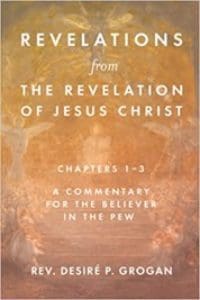
Without Jesus’ sacrifice on the cross, there can be no mercy… and no ultimate act of love. Desiré Grogan demonstrates this as she takes the average, everyday believer and walks them through the Book of the Revelation of Jesus Christ. In her new publication, Revelations from the Revelation of Jesus Christ, Desiré sets out to empower the believer in the pew with the most accessible tool to navigate and understand this last Book of Scripture, and that tool is the Bible itself!
Although many don’t see this final Book of the Bible as a love letter from God, it truly is.
When you love someone, you tell them and prepare them of what is to come. God gives wisdom and discernment… if we only ask and seek Him. There are many ways to love someone, and Desiré demonstrates this by pointing out how Jesus’ time here on earth and death on the cross was Him showing/bearing witness to His love for us and His dedication and love for The Father.
“The witness that secured His death was His witness to His heavenly Father and, more precisely, to the truth that He and the Father are One (John 10:30; cf. 8:58). As a testimony to Jesus’ singular qualification as the Father’s Witness, John begins his Gospel by affirming that “No one has ever seen God, but God the One and Only, who is at the Father’s side, has made him known” (John 1:18). Jesus Himself confirmed that He was the Witness to His Father by what He spoke:
For I did not speak on my own, but the Father who sent me commanded me to say all that I have spoken. I know that his command leads to eternal life. So whatever I say is just what the Father has told me to say (John 12:49-50).
In addition to saying everything His Father told Him to say, Jesus was the Witness to His Father by what He did:
Jesus gave them this answer: “Very truly I tell you, the Son can do nothing by Himself; He can do only what He sees His Father doing, because whatever the Father does the Son also does” (John 5:19).
The biblical record also affirms that Jesus witnessed a good confession before Pontius Pilate (1 Tim 6:13; cf. John 18:36-37) and was obedient in fulfilling His Father’s plan of salvation, even to His death on the Cross (Phil 2:8). Jesus articulated the voluntary part of His sacrifice as being part and parcel of His witness and submission to His Father’s will:
The reason my Father loves Me is that I lay down My life – only to take it up again. No one takes it from Me, but I lay it down of My own accord. I have authority to lay it down and authority to take it up again. This command I have received from my Father (John 10:17-18).

Jesus, therefore, consummated the legacy of the prophets who preceded Him; who, as witnesses, received, proclaimed, and typified the revelations entrusted to them. Jesus, however, holds the singular distinction of being ‘The Witness,’ for unlike His predecessors, He personified, declared, revealed, and fulfilled His Father’s will.”
There is no greater act of love than sacrificing oneself for another (John 15:13). This is what Jesus did when He came to this earth, lived a sinless life, and sacrificed Himself on the cross for us. He loved us more than He loved even His own life, and He loved His Father by being obedient. Jesus demonstrated the ultimate act of love and demonstration of The Golden Rule through His death and resurrection.
Part of loving someone greater than yourself is the ability and choice to forgive them when they wrong you, it is the ability to let go of the past… even if it isn’t yours.
Sarah Marin Byrd’s newest fiction release, Shackled to My Father’s Sins, examines this idea of being bound to the sins of a father and whether one can truly escape. In this sequel to In the Coal Mine Shadows, Sarah follows the life of nineteen-year-old Katherine Paddington. She is finally able to see an end to her own misery when her Uncle Ben is jailed for the murder of his brother. In this sequel, Katherine knows she must start a new life after her Grandmother Mame and Grandfather Clint pass away, but will the coal mine shadows of her past control her future away from the hills of West Virginia? Will Katherine succeed in making a new life for herself in North Carolina, away from the lies and deceit of her forefathers? Or, will the sins of yesteryear haunt her and her cousin Benny forever?
“On the hill behind the homeplace where Mary Margaret Blackwell, “Mame,” lay six feet under the cold, black coal, there were no angry rumblings under the earth, no headstones shaking. Finally, there was true peace. The dark-haired son had forgiven his mama, a mother that had never hugged or cuddled him. A mother who never spoke the words, “I love you.” For the first time in his life, Ben Paddington felt a peace he’d never experienced.”

“Love each other as I have loved you” (John 15:12).










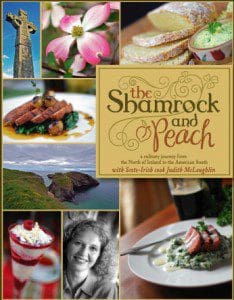
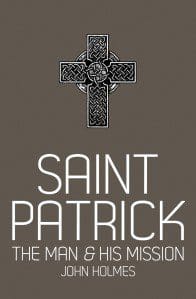

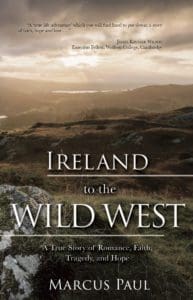 Born in 1846 in Ireland at the start of the “Great Hunger,” James Kinnier Wilson emigrated to Philadelphia to start a new life at seventeen years old.
Born in 1846 in Ireland at the start of the “Great Hunger,” James Kinnier Wilson emigrated to Philadelphia to start a new life at seventeen years old.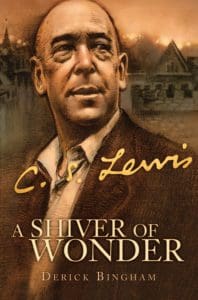 reflecting another Face.
reflecting another Face.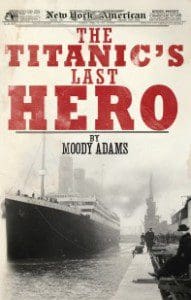 Over one hundred years ago, an “unsinkable” luxury liner sank on its maiden voyage. More than 1,500 men, women, and children tragically lost their lives after the RMS Titanic struck an iceberg on the night of April 14, 1912.
Over one hundred years ago, an “unsinkable” luxury liner sank on its maiden voyage. More than 1,500 men, women, and children tragically lost their lives after the RMS Titanic struck an iceberg on the night of April 14, 1912.

